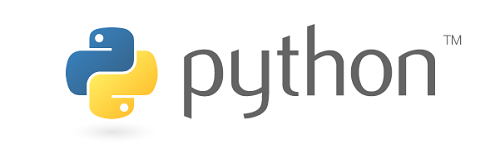These courses aim to provide beginners with an introduction to programming and computing languages (e.g. Matlab, Python, R, Unix) and introductory data science skills.
For all of these courses, the focus is always on how to use programming languages and best practices to solve research problems.
Introduction to R

R is one of the leading programming languages in Data Science. It is widely used to perform statistics, machine learning, visualisations and data analyses. It is an open source programming language so all the software we will use in the course is free.
For additional information and to register your interest, follow this link.
Introduction to Python

This course provides a practical introduction to the writing of Python programs for the complete novice. Participants are lead through the core concepts of Python including Python syntax, data structures and reading/writing files. These are illustrated by a series of example programs. Upon completion of the course, participants will be able to write simple Python programs.
For additional information and to register your interest, follow this link.
Introduction to the Unix command line
Using the Linux operating system and the bash command line interface, we will demonstrate the basic structure of the UNIX operating system and how we can interact with it using a basic set of commands. Applying this, we will learn how to navigate the filesystem, manipulate text-based data and structure simple pipelines out of these commands.
For additional information and to register your interest, follow this link.
Working on HPC clusters
The course aims to give an introductory overview of High Performance Computing (HPC) in general, and of the facilities of the High Performance Computing Service (HPCS) available at the University of Cambridge.
For additional information and to register your interest, follow this link.
You may also find the following links useful:
Programming Courses at the Computing Service
Unix Training at the Computing Service


